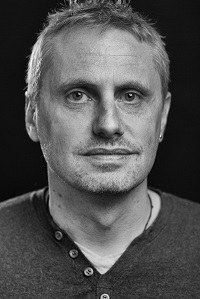Much of the work of Serge Fehr, Professor of Quantum Information Theory, is abstract and theoretical and comprehensible to very few people. But his work helps make the digital world safer, so, for instance, in future our internet banking will still be problem free. He will explain more in his inaugural lecture at Leiden University on 26 September 2022. In addition to his part-time work in Leiden, Fehr has been working as a scientific staff member in the Cryptology group at CWI since 2010.
Quantum physics, or quantum mechanics, is a scientific discipline that looks at the behaviour of the very smallest particles. It is the theory that describes how, among others, atoms, electrons and light behave. It is difficult to explain exactly how quantum physics works. Fehr: "I can give similarities or high-level ideas, but they will always be misleading. Quantum mechanics is like nothing we are familiar with. The only way to really understand it is to understand the mathematics behind it. There is no shortcut."

